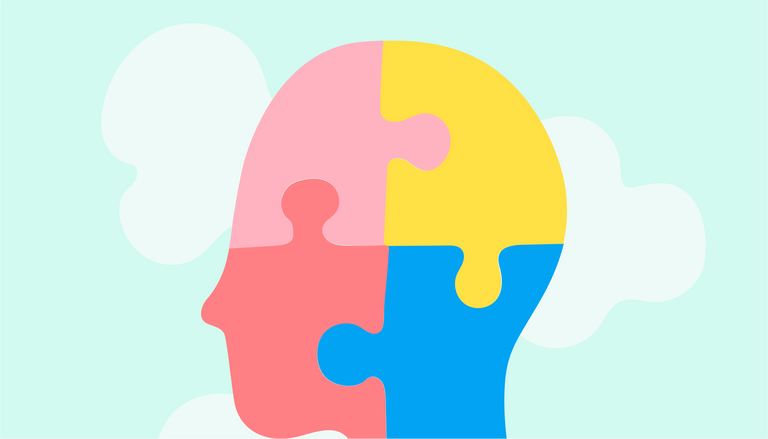Happiness is the state of continuous hedonic normalcy in which our pleasures are not tied to a particular experience but are frequent, sustained, and universal. These feelings are mediated by brain hotspots, and are hard to abolish through one single event, condition, or drug. However, it is not difficult to develop new ways to increase our pleasure and well-being. Here are some ideas for how to improve our well-being.

Pleasure is a neural signal coded by various sites in the forebrain. This includes the amygdala, the prefrontal cortex, and the insular cortex. These locations may also function as a democratic heterarchy. Successful enhancement of one hotspot can recruit neuronal activity from other hotspots simultaneously, thereby creating a network of several hots that can vote together and sustain the effect.
Moreover, our pleasure-generating mechanisms focus on making our pleasures more pleasant than usual. We have hedonic hotspots in our brains that are activated by neurochemicals and generate high hedonic peaks in sensory pleasure. By activating these brain regions, we can enhance our hedonic experience. Our bodies are made up of many layers of neural pathways.
While our pleasure is not confined to a single cell, a network of brain hotspots may operate as a functional integrated circuit, obeying hierarchical control rules. We might think of these hedonic hotspots as democratic heterarchies, where a successful enhancement of one hotspot causes neuronal activation in many other hotspots at once. This creates a "brain-wide network" that is able to vote 'yes' when there are multiple pleasure-generating systems.
The basic reason for our ability to feel pleasure is the fact that our brains respond to the experience. We are innately rewarded by pleasure, and we can't resist experiencing it. The brains of children and adults can be affected by any type of trauma. These conditions can affect our well-being. A good hedonic experience is derived from experiences that are pleasurable for them.
The neural activity of the ventral pallidum is the most important part of the brain for normal pleasure. In addition to the amygdala, the ventral pallidum is the only part of the brain where a lesion can effectively abolish sensory pleasure. As a result, a person who has been locked in a prison will not feel a good experience in the same way.

In general, higher pleasures are valued over lower ones. The highest level of pleasure is associated with intellectual activities, such as reading, attending the theatre, or having sex. On the other hand, lower levels of pleasure are associated with physical activities, such as drinking beer, having sex, or lounging on a sun-lounger. The quality of pleasures is important to an individual, but it should be balanced with other factors.